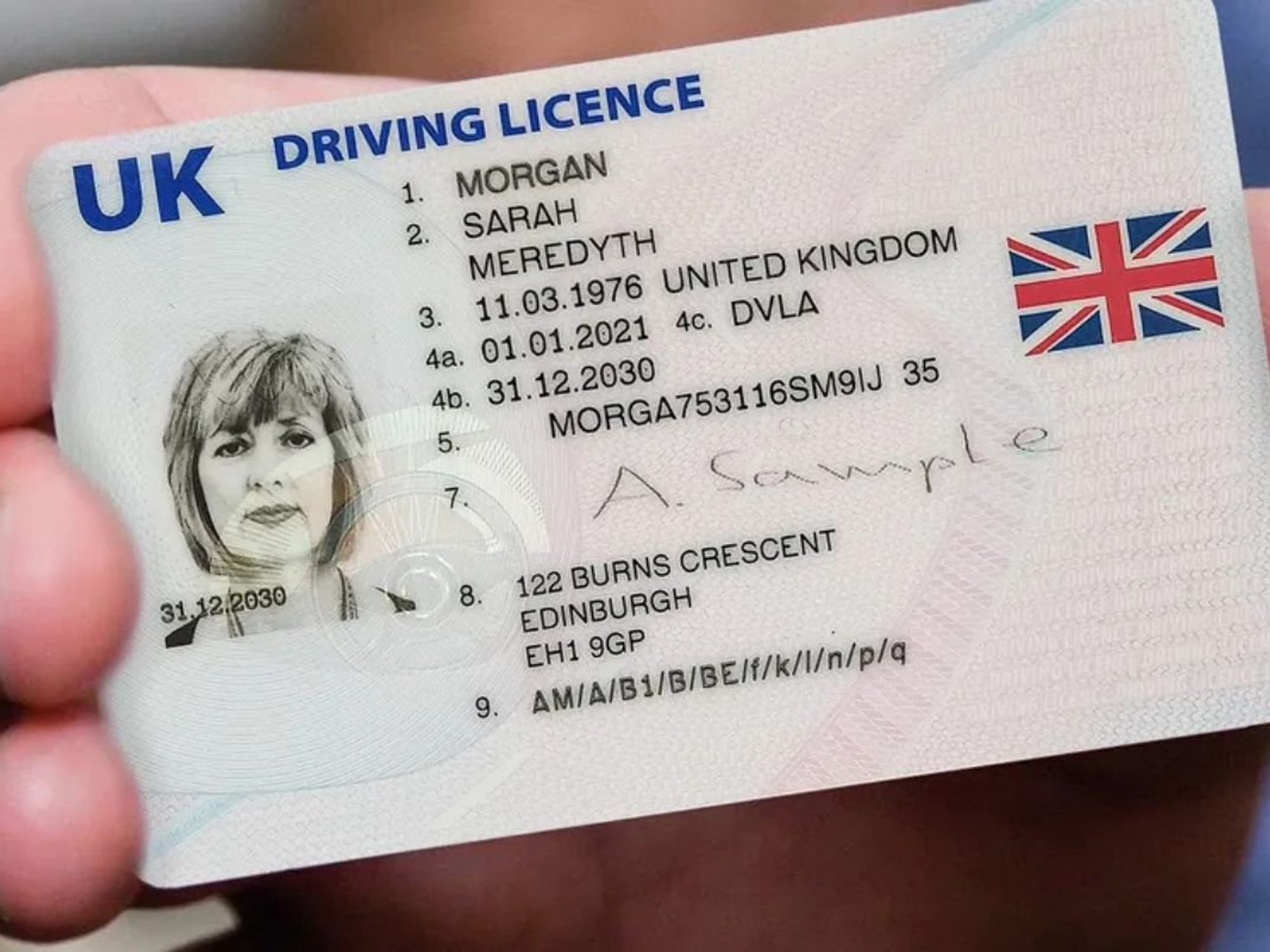Mental health over-diagnosis costs taxpayers £16billion a year, damning report reveals

Education Secretary defends comments that children need to be taught more 'grit' |
GB NEWS

Young people's mental health now costs the NHS over £1billion a year
Don't Miss
Most Read
Trending on GB News
A new report has suggested overdiagnosis of mental health conditions costs British taxpayers about £16billion a year.
The new report, entitled "Out of Control", paints a damning picture of how overdiagnosis has contributed to stretched systems in mental health, SEND and welfare designed to support children and young people with genuine conditions.
Published by Policy Exchange, the report concludes that poor incentives in the system have led to diagnosis-seeking behaviour that is putting unsustainable pressure on support system, as opposed to a natural growth in the system.
Former Health Secretary Jeremy Hunt welcomed the report, calling it "timely and prescient."
According to the report, half of all schools spending since 2015 has gone on SEND, with costs hitting £11billion a year in 2024/25.
Over £1.1billion will be spent on taxis alone for SEND students by 2030.
Child Disability Living Allowance is projected to hit £6.4billion by the end of the decade, with young person’s mental health now costs the NHS over £1billion a year.
Nearly three quarters of English councils now face bankruptcy due to spiralling SEND costs, including taxi transport and for-profit private SEND schools.

The report has revealed the figures spent on youth mental health
|GETTY
In the foreword to the report, Mr Hunt, the MP for Godalming & Ash, said: "This new report from Policy Exchange is timely and prescient.
"It calls for nothing less than a fundamental re-evaluation of how we conceive and deliver support for our children and young people.
"It is to be welcomed in particular for its exploration of the interplay between NHS mental health services, the Special Educational Needs and Disabilities (SEND) system and the health and disability benefits system.
"By comparing these distinct yet linked systems, the authors illuminate the connections, incentives. and ultimately, the poor outcomes that too often stem from it.
"It shines a light on the emphasis and implications of support which hinges upon a formal diagnosis – and how this drives behaviours. The report also highlights that support can be poorly targeted, with reactive systems and limited and ineffective early intervention."

Jeremy Hunt called the report 'timely and prescient'
| PAAccording to the report, the system should be radically overhauled, with Education, Health and Care Plans (EHCP) only for students in special schools.
It also calls for mental health provision in schools to be targeted at students that most need it, rather than blanket offers.
Co-author of the report Zachary Marsh said: "England’s SEND system is out of control. Schools and families have been incentivised to follow the money, pursuing Education, Health and Care Plans for the support and unlimited resources they unlock.
"The result has been spiralling costs that have pushed local government to the brink of bankruptcy, yet outcomes for children with SEND have actually got worse.
Mr Marsh continued: "The system needs a complete reset that breaks the link between an EHCP and funding, restores early universal SEND support in schools and empowers professionals to help young people based on solid, evidence-based approaches."
Co-author of the report Jean-Andre Prager added: "Our health and disability benefit system needs to be fundamentally reformed, and this includes not just working-age benefits but also how we support children.
"Child Disability Living Allowance is from a bygone era, and our understanding of disability has fundamentally changed in the intervening more than 30 years.
"We need to reconsider the assessment and eligibility criteria of this benefit and create a more robust process."
Mr Prager, former Senior Adviser to three Prime Ministers on welfare and disabilities, conclude that the current SEND system and the policies that underpin it should be scrapped.
This includes the Children and Families Act 2014 and 2015 SEND Code of Practice should be repealed and replaced with a new statutory regime.
Sir Jeremy continued: "As a society, we seem to have lost sight of the fundamental reality that child development is a messy and uneven process.
"Our laudable desire to ensure young people are happy and well-supported is at times manifesting in excessive impulses to medicalise and diagnose the routine, in a manner that can undercut grit and resilience."
More From GB News










